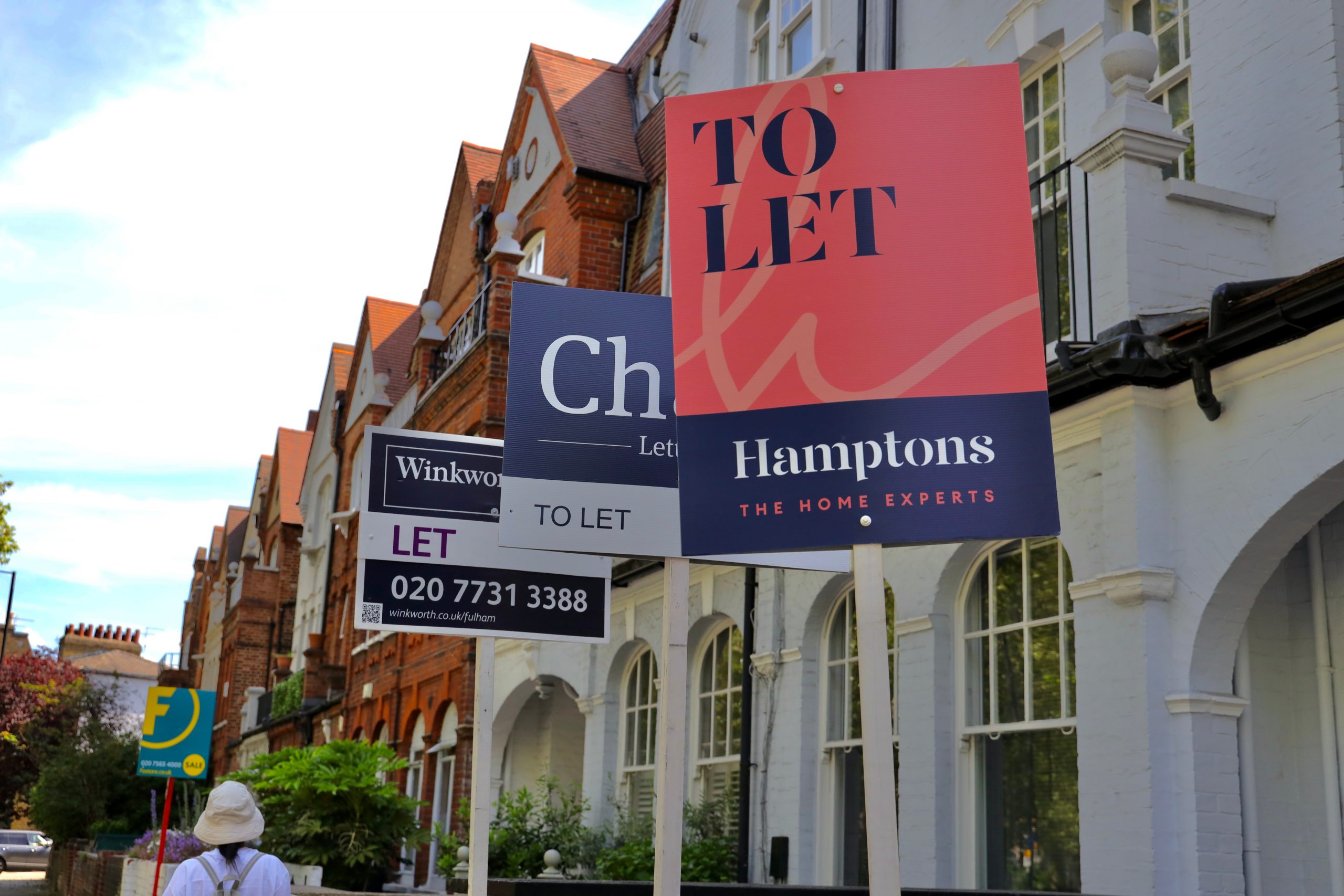Property Talk: What the Renters' Reform Bill means for renters, landlords and the property market as a whole
The government unveiled a major overhaul of the rental sector this week. So what could be in store for landlords and tenants? Annabel Dixon takes a look.


Exquisite houses, the beauty of Nature, and how to get the most from your life, straight to your inbox.
You are now subscribed
Your newsletter sign-up was successful
You’d be hard-pressed to miss headlines this week that the government has introduced the long-awaited Renters’ Reform Bill in Parliament.
It’s been billed by National Residential Landlords Association (NRLA) as the biggest shake-up of the private rental market in several decades. The reforms have been several years in the making. Five years, reportedly.
So what is the bill all about? It is designed to improve the market for the 11m private renters and 2.3m landlords across England ‘thanks to a once-in-a-generation overhaul of housing laws’. According to the government, the bill will include:
- Scrapping of section 21 ‘no fault’ evictions and moving to simpler tenancies
- Bringing in more comprehensive possession grounds to make it easier for landlords to repossess properties
- Introducing a new ombudsman to settle disputes
- Establishing a new portal to provide information to both landlords and tenants
- Giving tenants the right to request a pet in their home, which landlords ‘cannot unreasonably refuse’.
Here’s what the bill could mean for different corners of the housing market.
What the Renters' Reform Bill means for people who rent
Thanks to the shake-up, renters will ‘benefit from safer, fairer and higher quality homes’, says the government.
Dan Wilson Craw, acting director at Generation Rent, hails it as a ‘huge opportunity’ for renters.
‘Abolishing them [section 21 evictions] will take away much of the stress of renting and improve communication and trust between tenants and landlords,’ Wilson Craw explains. ‘The new property portal and ombudsman have the potential to make it much harder for criminal landlords to operate.’
Exquisite houses, the beauty of Nature, and how to get the most from your life, straight to your inbox.
'It'll make landlords much more careful about who they rent to'
David Hannah, chairman at Cornerstone Group, agrees that banning no fault evictions will give renters ‘a better peace of mind’.
But Emily Williams, residential researcher at Savills, believes the real challenge is likely to be at the lower end of the housing market.
‘What it’s really going to do is make landlords much more careful about who they rent to and really do their due diligence on their tenants,’ she points out. ‘It’s probably going to make it tougher for people who are either on universal credit or have to use local housing allowance to secure a private tenancy.”
What the Renters' Reform Bill means for landlords
The ban on section 21 no fault evictions is considered one of the most significant measures in the Renters’ Reform Bill. But Foxtons CEO, Guy Gittins, says it’s unlikely to change the relationship between the ‘vast majority’ of landlords and tenants.
He explains: ‘In our experience, the number of times landlords choose to evict tenants who pay rent in London properties is incredibly rare.’
However, Ben Beadle, chief executive of NRLA, points out on its website that landlords need to be sure that when section 21 is abolished, where they have a legitimate reason, they will be able to repossess their properties as quickly as possible.
‘Without this assurance, the bill will only exacerbate the rental housing supply crisis many tenants now face’, he says.
"The uncertainty it has created for landlords [...] could mean landlords leaving the sector and a greater shortage of housing"
Laura Southgate, partner in the property disputes team at Cripps, says that on the whole, the bill is a positive development because it seeks to tackle the housing crisis.
But she warns that ‘the uncertainty it has created for landlords must be addressed by the government. Otherwise, it may have the opposite effect: landlords leaving the sector, and consequently, a greater shortage of housing.’
RICS has similar concerns, pointing out that reforms must be done in a way that doesn’t prompt landlords to leave the sector.
For Hannah, landlords and tenants ‘must remain on a level playing field’. He explains: ‘The most important thing is to balance tenant rights against tenant obligations and ensure that landlords keep some of their authority. I welcome the proposed changes of the renting rules, and agree tenants need protection, but landlords ultimately need rights too.’
What the Renters' Reform Bill means for the property market
The unveiling of the much-discussed Renters’ Reform Bill provides some clarity for the housing market, in particular tenants, landlords and letting agents. That could potentially exert a downwards pressure on property prices: commentators of late have noted an increase in first-time buyers entering the market, prompted by the historic highs of rental costs right now. An outbreak of sanity in the rental market might temper that effect.
However, don't expect it to make much difference any time soon: the new bill needs to make its way through parliament before it becomes law. Even a quick glance at the news coverage of the bill this week reveals plenty of strong opinions about it. It seems we’ll hear, or read, plenty more about it in the weeks and months to come.

